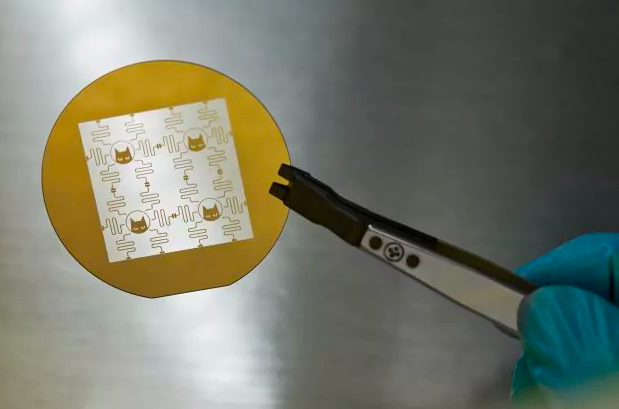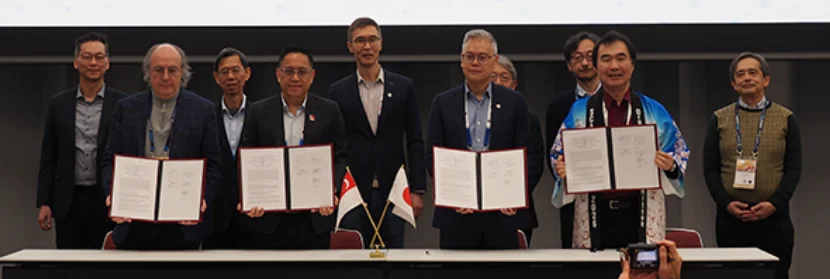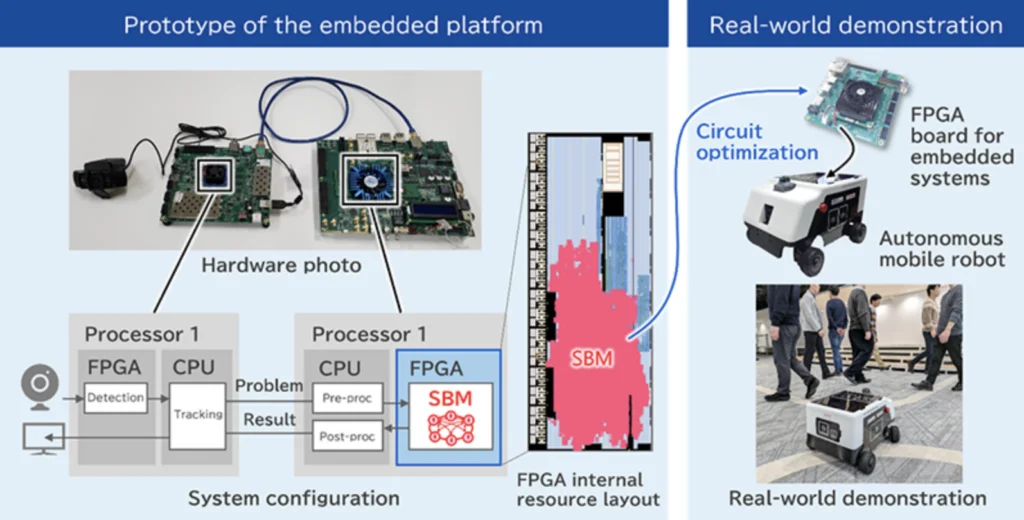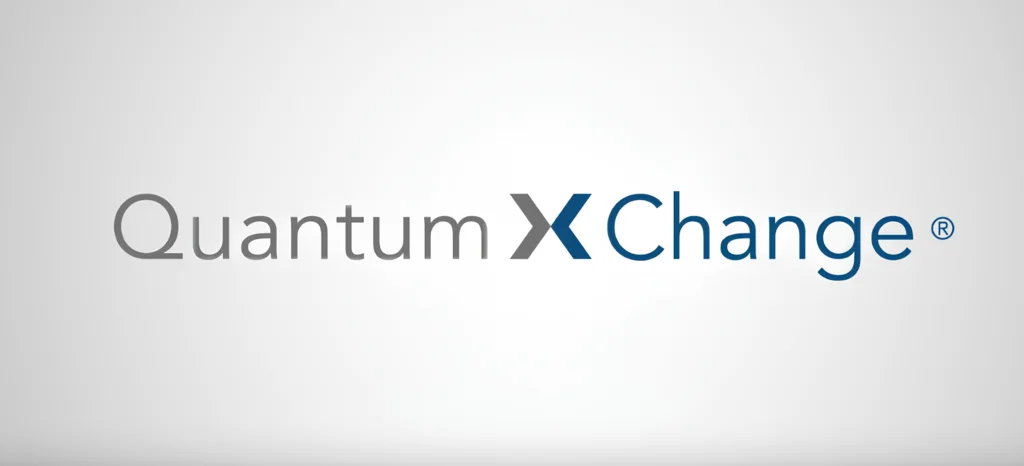
French quantum computing startup, Alice&Bob, today announces a major advance towards the first marketable quantum computer. In a major scientific advance, Alice&Bob has eliminated one of the main barriers to, and significantly reduced the complexity of, delivering a functional quantum computer – a goal that could now be within reach.
News of the breakthrough comes as Alice&Bob completes its Series A fundraising round, which secured EUR 27 million to fuel the next stage in commercialising the potential of the technology and realising the goal of large-scale production of a quantum computer. Elaia (already an investor), Bpifrance, through its Digital Venture fund, and Supernova Invest led the round. Existing investor Breega also participated.
Qubits are the fundamental building blocks of quantum computing in the same way that bits are the foundation of classical computing. One of the biggest challenges in building a fault-tolerant quantum computer is the errors affecting qubits, which can be of two types: bit-flips and phase-flips. Alice&Bob has demonstrated the capability of creating qubits that can resist bit-flips – it increased resistance to bit-flip errors from previous records of a few milliseconds to two minutes. These earlier records were held by Google and Amazon.

Global technology giants – including Google, Amazon and IBM – international academia and laboratories around the world are racing to build a fault-tolerant quantum computer. Researchers are pursuing one of five hardware approaches: neutral atom, spin, photons, trapped ions and superconducting qubits. Many of these approaches rely on a quantitative approach for reducing bit-flip and phase-flip errors, which would require tens of thousands of physical qubits to produce a quantum computer. The largest group of physical qubits that researchers have been able to produce so far is 127.
This is an important step, said Théau Peronnin, CEO of Alice&Bob.
“In order to fully realize the promise of quantum computing, we have to get a grip on handling quantum errors,” said Peronnin. “Surface codes drive the field toward a scaling bottleneck. Cat qubits enable a roadmap using linear code, with dramatically reduced overhead. Our funding will be applied to delivering the next key step of our roadmap.”
He expects the technology to be demonstrated as early as next year.
“Our first stop on the way will be the implementation of a linear repetition code using cat qubits. We hope to showcase an error corrected (logical) qubit using this technology during 2023,” Peronnin said.
Alice&Bob’s qualitative approach uses superconducting cat qubits which the team’s experimental evidence proves to eliminate bit-flip errors by design. With this discovery, Alice&Bob has created a shortcut to delivering a scalable universal quantum computer, reducing the number of qubits required by hundreds of times.
“Our collaboration with Zaki Leghtas’ team has allowed us to demonstrate that a cat qubit resists bit-flips for several minutes, nearly 100,000 times the previous state of the art. This result confirms our choice of superconducting cat qubits as the building block for our quantum computer. It also consolidates our roadmap, the next step being removing the phase-flip error,” says Dr. Raphaël Lescanne, Alice&Bob founder and one of the authors of the research paper.
This progress underlines the stellar execution of Alice&Bob so far, less than 24 months after its inception. The VC-backed company, supported by a world class scientific board and comprising a team of 40 people, with more than half of them holding PhDs, has been quietly advancing its roadmap. It continues to build out its patented technology to maintain its lead in the race towards quantum computing.
With the completion of the funding round, the company is now focusing on applying this breakthrough to its roadmap for a fault tolerant quantum computer. It plans to hire 30 additional employees over the next two years, mostly with advanced physics skills, as well as developers and engineers supporting the commercialisation of its technology.
Sofia Dahoune, Investment Director at Elaia, said: “As deep tech investors, we are convinced that some of society’s biggest challenges can be addressed by using breakthrough technologies created in research labs. As such, we regard quantum computing as one of the most promising world-changing technologies that could foster extraordinary progress across a broad range of applications.”
For more market insights, check out our latest quantum computing news here.















